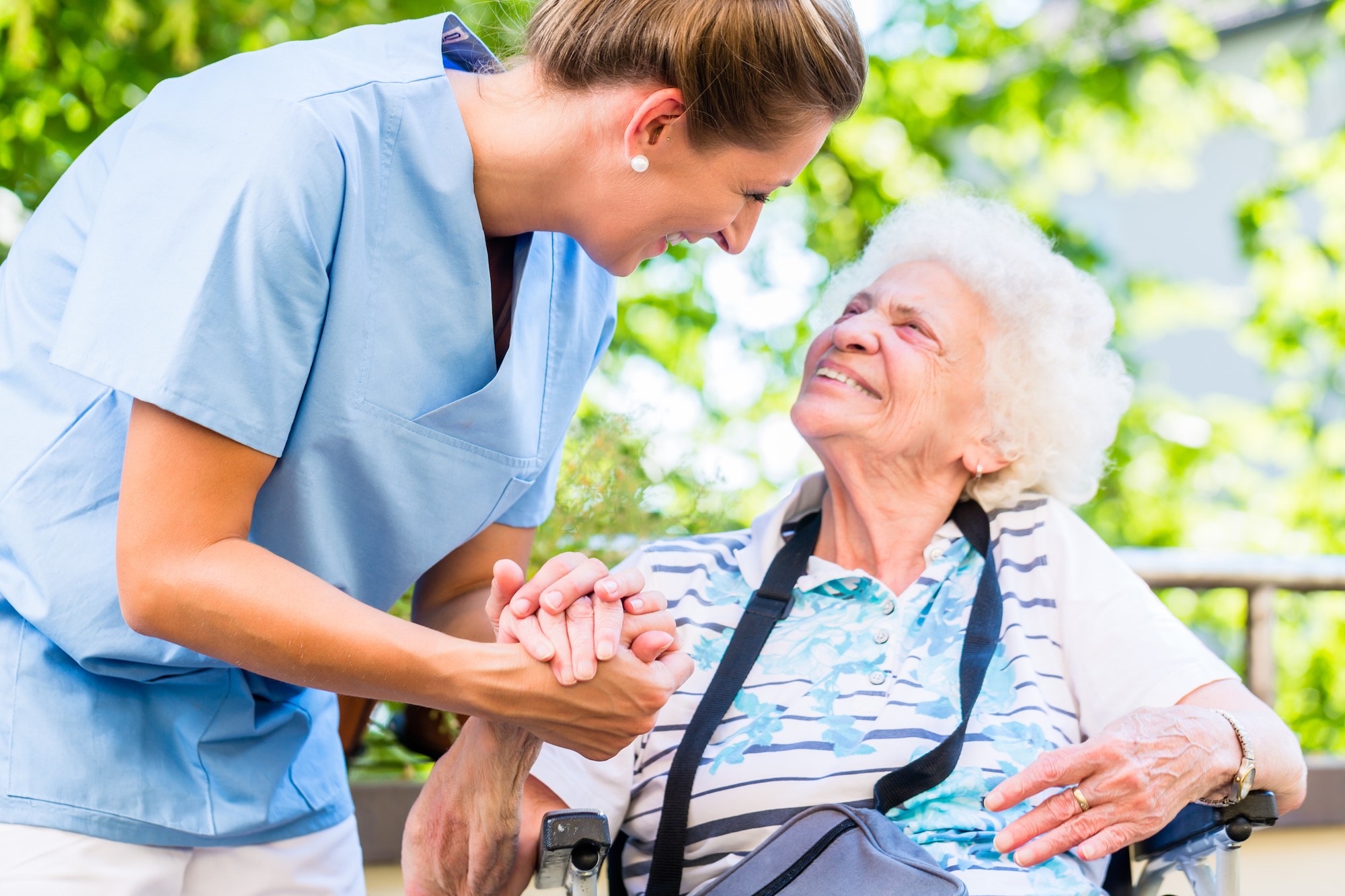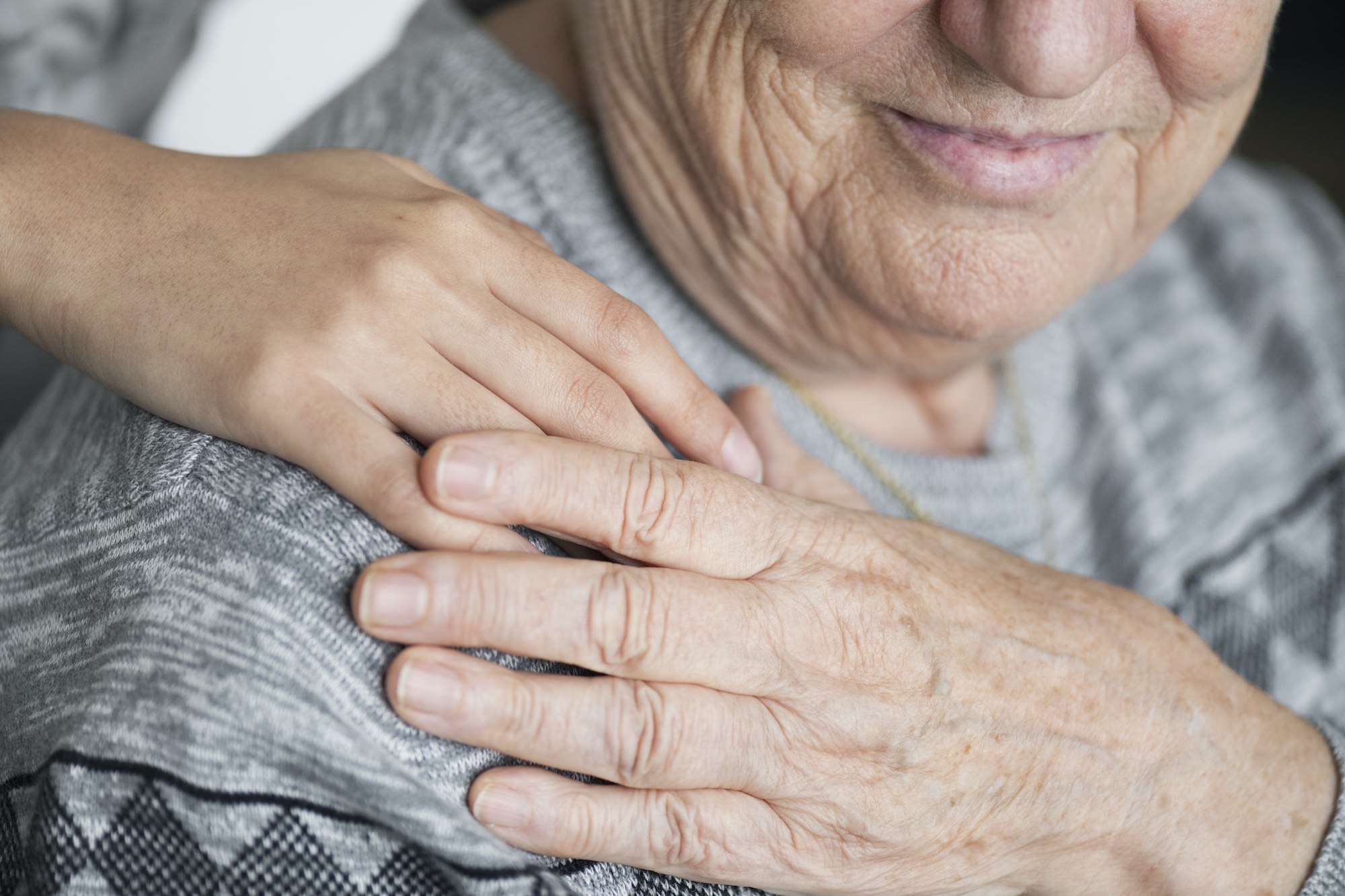As we age, it’s natural to start worrying about the challenges that come with getting older. One of the biggest concerns among seniors is their ability to maintain their independence and quality of life at home.
Fortunately, there are many different types of at-home care services available to help seniors live comfortably and safely in their own homes for as long as possible.
In this article, we’ll explore the various types of at-home care for seniors, including personal care, homemaker services, companion care, respite care, medication management, skilled nursing care, palliative care, and hospice care.
Understanding these options can help seniors and their families make the best decisions about their home care needs, based on their individual circumstances and preferences.
Personal Care
Personal care is an essential component of at-home care for seniors who may require assistance with basic activities of daily living (ADLs) such as bathing, grooming, and dressing. These activities can become challenging for seniors who suffer from physical limitations or cognitive impairments, such as dementia or Alzheimer’s disease.
Personal care services help seniors maintain their personal hygiene and feel confident about their physical appearance. They can assist seniors with tasks such as bathing or showering, oral hygiene, skincare, hair care, shaving, and dressing. They may also help with other activities, such as toileting and continence care.
Importantly, personal care providers such as Specialized Home Care Services | Always Best Care are trained to provide these services with the utmost respect and discretion, maintaining the senior’s privacy and dignity at all times. They can also help monitor changes in the senior’s physical and mental health, report any concerns to the senior’s family or doctor, and adjust care plans as needed.
In addition to providing important physical assistance, personal care providers can also help create a warm and supportive environment for seniors. They can be a source of companionship and emotional support, helping seniors feel safe and secure in their own homes.
Homemaker Services
Homemaker services are essential for seniors who need help with household tasks such as meal preparation, cleaning, laundry, and grocery shopping. These services can help seniors maintain a safe, clean, and comfortable living environment.
Homemaker services can take many forms, depending on the senior’s needs and preferences. For example, a homemaker aide may help with meal planning and preparation, ensuring that the senior is eating healthy and nutritious meals. They may also help with grocery shopping, ensuring that the senior has access to fresh and healthy food options.
Homemaker services can also involve cleaning the senior’s living space, which can include tasks like dusting, vacuuming, and sweeping. They may also help with laundry and ironing to ensure that the senior has clean clothes and linens.
Furthermore, homemaker services providers can assist seniors with organizing their homes, helping to reduce the risk of falls, accidents, and confusion. They can also help seniors with home safety evaluations, ensuring their homes are free from any hazards.
Companion Care
The primary goal of companion care is to provide seniors with a sense of belonging and emotional support, which can help to enhance their overall well-being and reduce feelings of isolation or loneliness. Many seniors benefit from social interaction and companionship, especially if they live alone or have limited social connections.
Companion care providers work closely with seniors and their families to identify the types of activities and interactions that would be most beneficial for the seniors. They can assist seniors with a variety of non-medical tasks, including reading to the senior, engaging in activities like playing games or puzzles, or simply having a conversation.
Companion care providers can also accompany seniors on outings or events, providing an opportunity for seniors to maintain their social connections and enjoy activities outside of the home. Some seniors may also benefit from pet therapy, where companion care providers may bring their pet along to help seniors feel more relaxed and comfortable.
Companion care providers may also monitor the senior’s emotional well-being and report any concerns to the senior’s family or doctor.
In general, companion care is an important part of at-home care for seniors, providing emotional support, companionship, and opportunities for social engagement. It can help seniors feel happier, more independent, and can improve their overall quality of life.
Respite Care
Respite care is a type of at-home care for seniors aimed at providing temporary relief to primary caregivers who may need a break or assistance with their caregiving responsibilities.
Caring for a loved one can be challenging, and it’s essential for caregivers to take breaks and rest to prevent burnout and exhaustion.
Respite care providers work with families to develop a customized care plan whose length and duration can vary depending on the needs of the senior and the caregiver. It could be a few hours or extend to a week or more.
Respite care providers can perform tasks such as personal care, homemaker services, or companion care, depending on the needs of the senior and the caregiver. They may also assist with medication management, medical appointments, and other tasks that the caregiver typically handles.
During respite care, the senior can continue to live comfortably and safely in their own home, ensuring a break in the caregiving routine. Additionally, respite care brisbane or elsewhere can be an opportunity for the senior to meet and interact with new people, providing a change in their daily routine.
Respite care can help caregivers feel less stressed, more focused, and refreshed, enabling them to continue providing top-quality care to their loved ones for an extended period.
Medication Management
Medication management is a great option for seniors who may require help tracking and administering their medications.
As seniors age, they may start taking more medication, which can become challenging to manage on their own. Furthermore, seniors may forget to take their prescribed doses, or may mix up their medication, leading to potentially harmful effects.
Caregivers can read medication labels and dosage instructions, set up pill boxes, and remind seniors when it’s time to take their medications. They can also manage side effects of medication to ensure any issues are promptly addressed.
Additionally, caregivers can keep track of prescription refills, communicate with the senior’s healthcare providers, and monitor any changes in the senior’s health or medication regimen. They can recognize if a senior seems to be overusing or underusing their medication and take action to address any underlying issues.
Skilled Nursing Care
Skilled nursing care is a type of at-home care for seniors that involves medical-related care. Skilled nursing care is generally provided by licensed nurses or certified health professionals who are qualified to perform medical tasks that non-medical caregivers cannot provide.
Skilled nursing care includes medical services such as wound care, management of chronic conditions, medication management, and pain management. It can also involve assistance with activities of daily living, which are provided alongside any necessary medical attention.
One of the most common types of skilled nursing care is post-hospitalization care, wherein a nurse visits the senior at his or her home to monitor and track progress. The nurse can help in the transition by ensuring the home is safe for the senior to recover and follow-up care is initiated to prevent any possible complications.
Skilled nursing care can also involve physical and occupational therapy, which includes exercises to help seniors regain their strength and mobility following an injury, illness, or surgery.
Finally, skilled nursing care providers are trained to manage pain and other symptoms associated with chronic conditions and can consult with the senior’s healthcare providers to ensure that the senior receives quality care and treatment.
Palliative Care
Palliative care is a type of at-home care for seniors focused on relieving pain and providing comfort for those with chronic or terminal illnesses. Palliative care is intended to manage discomfort and alleviate symptoms, making seniors feel comfortable during what could be a challenging time.
Palliative care providers work closely with seniors, their families, and healthcare providers, to develop a customized care plan focused on the senior’s comfort and well-being. The care plan can include a variety of services, such as medication management, physiotherapy, occupational therapy, spiritual and emotional support, and counseling.
Furthermore, they can help educate the senior and their family on the best ways of handling pain and discomfort, ensuring that seniors maintain their dignity, comfort, and quality of life.
Hospice Care
Hospice care is a type of at-home care for seniors who are nearing the end of their lives. Hospice care providers focus on making the senior as comfortable as possible during their final days, emphasizing quality of life and comfort rather than medical intervention.
Hospice care providers are specially trained to manage end-of-life issues and symptoms, which can include pain management, spiritual and emotional support, and counseling for the senior and their family members. They can also assist seniors with basic activities of daily living and ensure that they are receiving proper nutrition and hydration to make the final days as comfortable as possible.
Furthermore, hospice care providers can help seniors and their families to emotionally prepare for the end-of-life process ahead. Hospice care is highly personalized, with care plans tailored to individual needs and preferences.
Hospice care is usually provided by a team of healthcare professionals, which may include doctors, nurses, social workers, and chaplains. It is available not just to seniors but also to their families or loved ones.
How to Choose the Right Type of At-Home Care?
Choosing the right type of at-home care for a senior can be a challenging decision. Here are some factors to consider when making your choice:
1. Care needs: Start by assessing your senior loved one’s care needs. Do they require help with basic activities of daily living, such as bathing and dressing? Or do they need more specialized medical care? Understanding your loved one’s needs can help you select the type of care that is most appropriate.
2. Preferences: It’s also important to consider your loved one’s personal preferences. Some seniors may prefer to have a companion to provide social interaction and daily assistance, while others may be uncomfortable with having a stranger in their home and prefer to receive care from a family member. Be sure to involve your loved one in the decision-making process as much as possible.
3. Cost: Cost is another important factor to consider. Some types of at-home care may be more expensive than others, and the level of insurance coverage may vary. It’s important to check with potential providers and insurance companies to understand the financial investment involved.
4. Quality of care: Finally, be sure to research potential providers carefully. Look for credentials, reviews from other clients and families, and ask for references. Your loved one’s care and safety should always be a top priority. By taking these factors into account, you can make a more informed decision about the type of at-home care that is right for your senior loved one.
Conclusion
There are many types of at-home care available for seniors, each with its own unique set of benefits.
From companionship and homemaker services to home health aides and skilled nursing care, families can choose the level of support that best suits their loved one’s needs.
However, it’s important to carefully assess your senior’s specific needs and preferences before selecting a provider. This can help ensure that they receive the care they require while maintaining their independence and quality of life at home.
With the right care, seniors can continue to live fulfilling lives in the comfort of their own homes.










